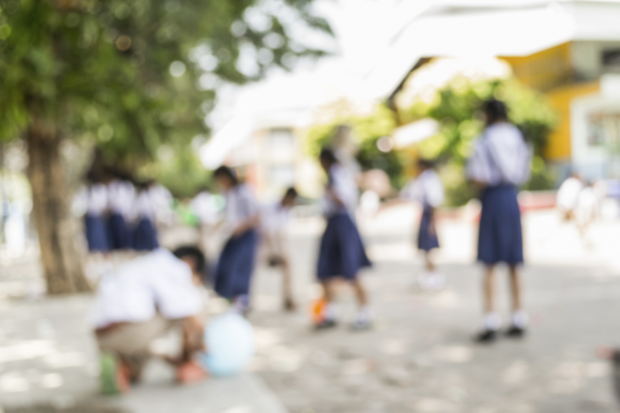
Today’s Education in the Media blog looks at the latest OECD report, as well as exciting news on the success of our music hubs.
OECD Report
Yesterday, Tuesday 23 October, the Organisation for Economic Co-operation and Development (OECD) published their report on Equity in Education. This report looks at the attainment of disadvantaged children in education and has been covered by the Independent, the Guardian, and the Times.
We established the Education Endowment Foundation (EEF) with a £137 million grant and a view to raise the achievement of disadvantaged pupils to achieve equity in the education system. Since 2011, the EEF has awarded £96.3 million to 160 projects working with over a million pupils in over 1,000 English schools.
We have also agreed a memorandum of understanding with the Grammar School Heads Association which outlines how selective schools will work to increase the admission of disadvantaged pupils, and work with non-selective schools to support pupil outcomes.
Universities and independent schools are encouraged to work with the state sector to raise attainment and aspiration and widen access of their sectors for disadvantaged pupils. This is with a view to developing meaningful partnerships that draw on the expertise of the institutions involved.
Our Opportunity Areas initiative also aims to break the link between background and destination, by improving social mobility. Over three financial years (2017-20) we are investing £72 million into 12 Opportunity Areas to improve outcomes for disadvantaged people. This is accompanied by a share of a further £22 million through the Essential Life Skills programme, to help young people in disadvantaged areas to develop life skills in resilience, wellbeing and employability.
A DfE spokesperson said:
We want every child to grow up healthy, happy and able to reach their potential, no matter what their background.
The attainment gap between disadvantaged pupils and their peers, as measured by the attainment gap index, has narrowed by at least 10% since 2011, and we’re targeting extra support at the poorest areas of the country to raise standards in schools and attract great teachers. Earlier this year the Education Secretary also set out his plans to boost social mobility by improving education support for children before they start school.
Through green paper proposals, we will provide significant additional resources for all schools to help identify mental health problems early and make sure young people have the right support when they need it. Alongside this we have committed to ensuring all children learn about mental wellbeing through the introduction of Health Education, which we intend to make compulsory in all schools.
Music Hubs
Today Wednesday 24 October, the Arts Council for England published a report on the number of pupils who have benefitted from our music hubs. This report shows very positive figures across the board and has been accompanied today by an op-ed from Schools Minister Nick Gibb in the Times Red Box.
Figures released in a new report today show more than 700,000 children were taught to play a musical instrument with their class through the 120 music hubs across the country – which are backed by £300 million government funding and run by the Arts Council of England.
The new data shows that 89% of schools benefitted from the support of the music hubs in 2016/17, up from 84% in 2013/14. The number of pupils receiving whole class ensemble teaching through the hubs is also up by 11%.
School Standards Minister Nick Gibb said:
Learning a musical instrument opens all kinds of opportunities for children to express themselves, whether it’s being part of a band or orchestra or just playing for pleasure at home.
I believe all children, regardless of their backgrounds, should have the same opportunities and that’s why it’s so good to see that our music hubs are reaching so many, with more than 700,000 pupils learning to play instruments together in class last year.
Our continued support for the arts, which is the second highest funded element of the curriculum behind sport, will see almost £500m invested between 2016 and 2020 - with £300 million supporting the work of music hubs to make sure more and more pupils have the opportunity to learn an instrument.
Follow us on Twitter and don't forget to sign up for email alerts.